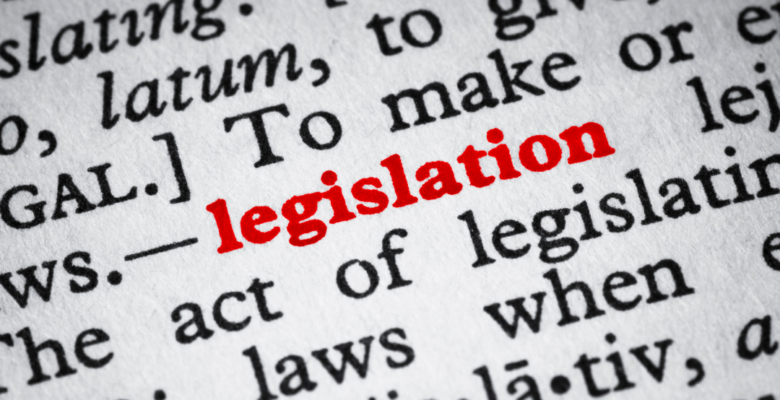The United States is the largest producer and purchaser of Child Sexual Abuse Material (CSAM). The Center for Missing and Exploited Children reports that in 2022 the CyberTipline received 32,059,029 reports: 31,901,234 apparent child sexual abuse material; 80,524 online enticement, including “sextortion”; 18,336 child sex trafficking and 12,906 child sexual molestation. In addition, there were 49,029 “other” tips, including child sex tourism, misleading domain name, misleading words or images and unsolicited obscene material sent to a child.1 It is anticipated that the 2023 report will be even higher.
One would think that state legislators would be alarmed and would work for stiffer penalties to detract and punish offenders. Unfortunately, that is not the case as witnessed in Colorado during this 2024 legislative session.  House Bill (HB)24-1092, would have required a minimum period of 4 years’ incarceration for persons who commit actions against children who are being sex trafficked, was killed in committee. During the committee hearing an investigator with the Crimes Against Children Unit of Jefferson County reported that his unit arrested 91 child predators, who pursued children for sexual purposes during 2021 and 2022. Forty seven of these perpetrators received probation, 20 obtained a deferred sentence. In other words 73% walked away with a “slap on the wrist”…. “They pleaded this serious felony down to a misdemeanor”. In his testimony this investigator also noted that out of the 47, there were already 16 repeat offenders.
House Bill (HB)24-1092, would have required a minimum period of 4 years’ incarceration for persons who commit actions against children who are being sex trafficked, was killed in committee. During the committee hearing an investigator with the Crimes Against Children Unit of Jefferson County reported that his unit arrested 91 child predators, who pursued children for sexual purposes during 2021 and 2022. Forty seven of these perpetrators received probation, 20 obtained a deferred sentence. In other words 73% walked away with a “slap on the wrist”…. “They pleaded this serious felony down to a misdemeanor”. In his testimony this investigator also noted that out of the 47, there were already 16 repeat offenders.
This is egregious, to say the least. Far too many legislators are turning their back on children. Children are not expendable objects. Children should be able to trust that adults will defend and protect them. They should never be exploited. Period! As concerned citizens, parents, and grandparents we must hold legislators accountable. But, how? Great question. Here are a few tips:
- Build relationships with your legislators. Get to know them and where they stand on issues. It is especially important to begin building relationships between legislative sessions when they tend to have more time and access. Then as bills are being formulated you may have an easier time contacting them.
- Stay informed yourself. Legislators will not listen if they feel you are ill-informed and/or not paying attention to what they are doing.
- Communicate with legislators. They are extremely busy during legislative sessions, but it is still critical to express where you hope they will stand on issues. It is especially important that you are clear about your “ask”, what you want them to do and why.
 Any communication, whether email, written, phone call, should be concise and factual. Provide a few bullet points to highlight what matters most to you. This should not be emotionally charged, but factual.
Any communication, whether email, written, phone call, should be concise and factual. Provide a few bullet points to highlight what matters most to you. This should not be emotionally charged, but factual.- Share personal stories. Keep them brief, but stories bring the facts down to a personal level and can have a huge impact on legislators.
- Clearly show how this may impact their constituency. They are more likely to support an issue when they hear how it effects their community.
- Try to keep any printed materials/literature short, one page if possible.
- Always follow up: write them thank you notes when they have responded and taken positive action. If possible, send them updates (again be brief as they are pulled in many directions).
Finally, it helps to utilized media when possible. By this I mean, write letters to the editor of your local paper as a means to educate the public and get the attention of legislators. Again, don’t express emotion, especially anger. Rather be factual, brief and clear in writing about legislation. Don’t name call, but point out what the impact, positive/negative, of their actions will have on the community, in particular the children we most want to help, as it relates to Domestic Minor Sex Trafficking and/or Child Sexual Abuse Material.

